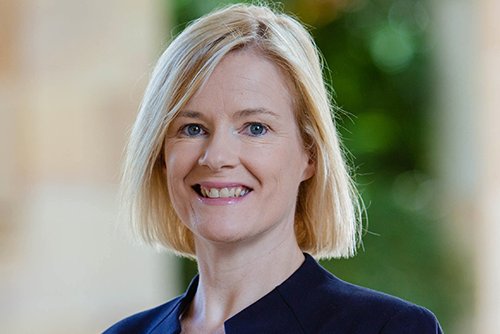Sweeping changes to national aged care funding in the past decade have resulted in worse mental health for older Australians, University of Queensland research shows.

Professor Brenda Gannon said the Consumer Directed Care (CDC) model was designed to give older people and their carers more choice and flexibility about the care services they can access and the delivery of those services.
“Difficulties navigating the system, and the impact of health issues on decision-making are some potential reasons why the system is not working as envisaged,” said Professor Gannon.
“We found the CDC’s effect on mental health was particularly worse in areas where home care packages were used most.
“The model works under the assumption that freedom of choices would improve consumers’ health because they could have better control and more high quality services.
“However, if providers don’t respond as the model intended – by improving quality of care and lowering services prices – then consumers’ health and wellbeing may be negatively impacted, as our study has shown.”
Professor Gannon and PhD candidate Michelle Tran studied the outcomes for UQ’s Centre for the Business and Economics of Health, collecting data from 188 Queensland home care providers before the COVID-19 pandemic.
Ms Tran said the figures were startling.
“At the time of collection, only 14 per cent of Queensland service providers offered consumers the option to self-manage their services – i.e consumers can find, choose providers and manage their Home Care Package funding themselves,” she said.
“On average, a consumer would expect to pay at least $1460.81 per year for the management fee and this amount increases with the level of care.
“Other costs that consumers need to consider when choosing providers are an exit fee, staff travelling fee and changing provider fee.
“Unfortunately, we found that more than a quarter of providers did not publish their fees online.
“Clearly this creates a barrier for consumers seeking full access to information.”
Media: Professor Brenda Gannon, brenda.gannon@uq.edu.au, 0416 414 984.
This story first appeared on UQ News.



